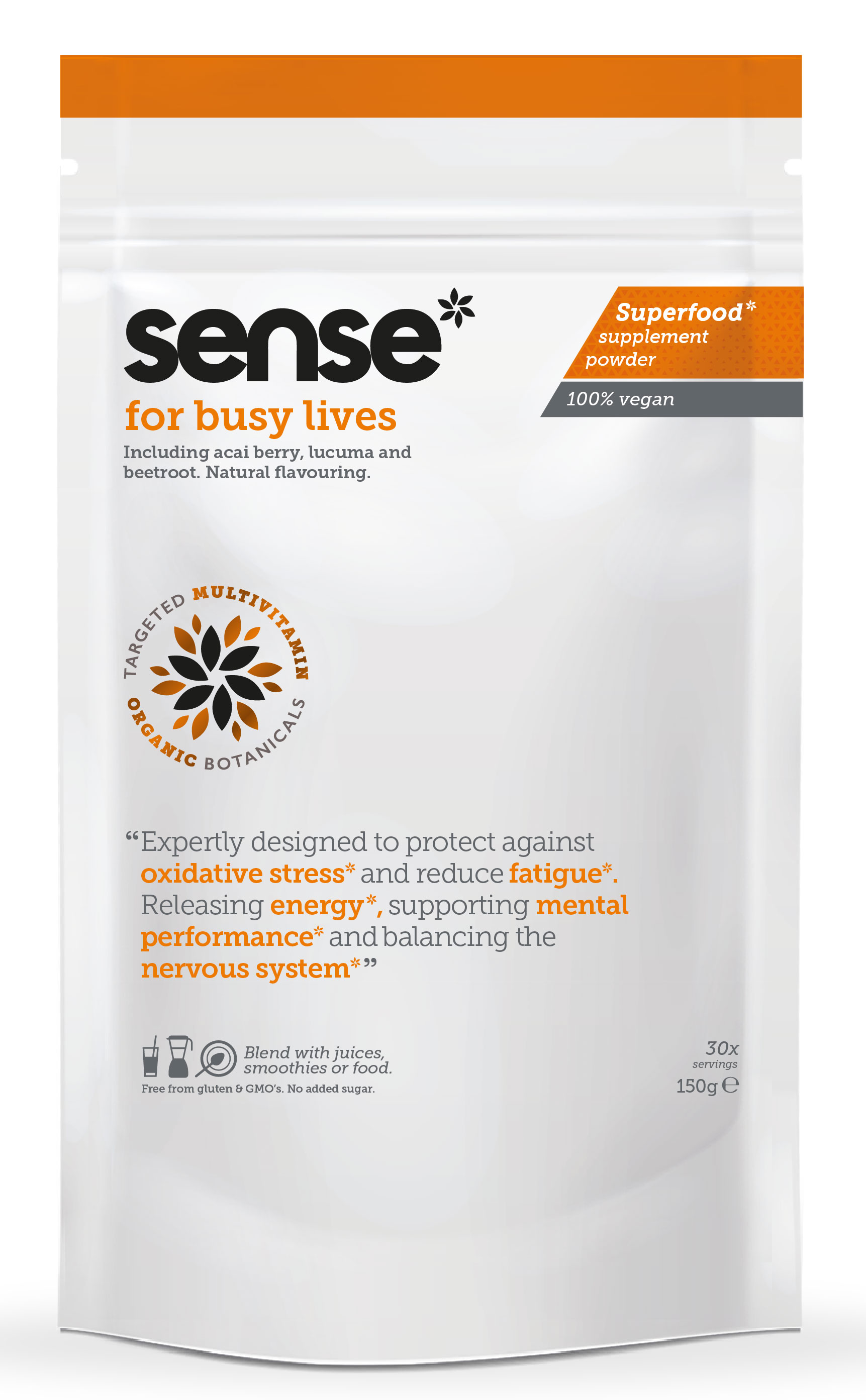For many years, senile dementia was assumed to be just another unpleasant aspect of ageing, something to expect and deal with as it arose. Then, over time and with investment into study and research, it was learned that some dementia could be averted with good nutrition, by ensuring that the elderly person was mentally stimulated , and by having companionship. In short, people really do need companionship and care to thrive, and this is especially the case as they become older. This is why, oftentimes, a good residential care home is the right solution: check out some Eastleigh care homes North Devon here. Of course, not all senile dementia can be managed with company, brain-training and good food – Alzheimer’s Disease affects 10% or so of people over the age of 65, and the odds of getting the condition doubles every five years over this age. As many as one-third of people over the age of 85 may have Alzheimer’s.
Can Alzheimer’s be Cured?
No. However this answer need not be so decisive nor so blunt, because – like many age-related conditions – the disease can be managed to keep the patient safe and their quality of life high. These steps include everything mentioned above – Alzheimer’s patients often forget to eat, can have poor hygiene, and may go wandering, becoming confused and distressed and possibly doing things like accidentally walking into traffic – and more. Cognitive exercises can help to retain mental faculties, staving off decline. Unfortunately, the progress of the disease cannot be reversed (yet) but it can be delayed, allowing the patient to enjoy many more happy years or months with their family.
What Sort of Cognitive Exercises?
Allowing and even encouraging dementia patients to reminisce about their pasts is a great way to keep their brain sharp and boost their memory. But if they cannot remember a particular location, or if some events have slipped from their grasp, leaving them aware that they have lost a memory, then they can become distressed and emotional. The use of Virtual Reality can help here, allowing the patient to immerse themselves in the world that they have lost – and feeling that they are there can help the memory engrams (literal scraps of memory) to re-find their place in the neural network that forms our memories.
Can VR be Used for Anything Else?
But even if the patient is not trying to recall a specific time or place, they can use VR to explore unknown places too. The ease of moving through the virtual world – without the aches, pains and disabilities that come with advanced age – can help to stimulate their brains, especially their memory centres – the sites within the brain most usually affected by Alzheimer’s. Our memories contribute hugely to our sense of who we are, and losing our memories, whether they are of our childhood, first loves, children or even the last couple of years, can be
very discombobulating to the patient. Using memory enhancement techniques, such as VR, is a small way to bring back that sense of self.





